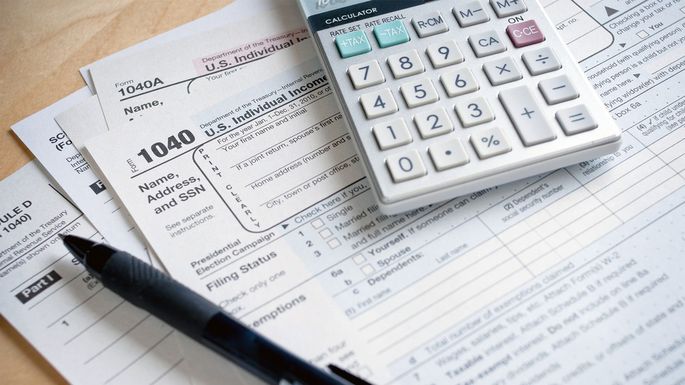Tax Tips for New Homeowners in New Castle County, DE

It’s tax time, and many dread the prep and thought of paying them. There are some deductions homeowners can take, so if this is your first time filing as a homeowner, make sure you get the maximum tax benefits out of your new home.
-
- Homeowners can claim their mortgage interest for a tax deduction. On the chance that you’re using tax return software, it will calculate your deduction after you answer questions about your home purchase. If you’d rather use an accountant or tax prep service to help you, they can answer all your questions.
-
- If you moved more than fifty miles because of your job, or starting a new one, your expenses are tax deductible. There are some time stipulations as well, according to number one in this guide from taxact.com; make sure you meet the requirements before taking this deduction.
-
- Making your home more energy efficient by installing a solar energy system or solar water heater make you eligible for a thirty percent credit for parts and labor. Unfortunately, the credit for geothermal heat pumps and small wind turbines has expired. https://www.energy.gov/savings/residential-renewable-energy-tax-credit
-
- Are you self-employed and use a room or section of your living area for a home office? There’s a deduction for that. The IRS has a couple of requirements, and if you don’t want to go through figuring up the standard deduction, they offer a simplified deduction, but choose which method takes more off your tax responsibility.
-
- Did you pay “points” to the bank to get a better interest rate? If so, that money is tax deductible. Since points are usually 1% of your home loan, if your loan was $250,000, your tax break would be $2,500 for paying down one point.
-
- Any property taxes are tax deductible, beginning the official date that you purchase the home, which is usually on your settlement statement you receive at closing.
-
- Hopefully, this hasn’t happened in your first year in your new home, but if you’ve had something unfortunate happen that insurance didn’t cover, there is a casualty loss deduction for out-of-pocket expenses. The repair cost must be more than 10% of your gross income.
Don’t let all this information scare you away from doing your own taxes! No matter how you decide to file, gather everything you would normally use to file taxes, but make sure you have the 1098 mortgage interest form from the lender, property tax receipts, and any paperwork you saved from the casualty loss repairs or alternative energy installments. Home ownership has many benefits for the homeowner, and you should take advantage of every penny you have worked so hard for to put into your new home.
Courtesy of New Castle County DE Realtors Tucker Robbins and Carol Arnott Robbins.
Photo credit: realtor.com





